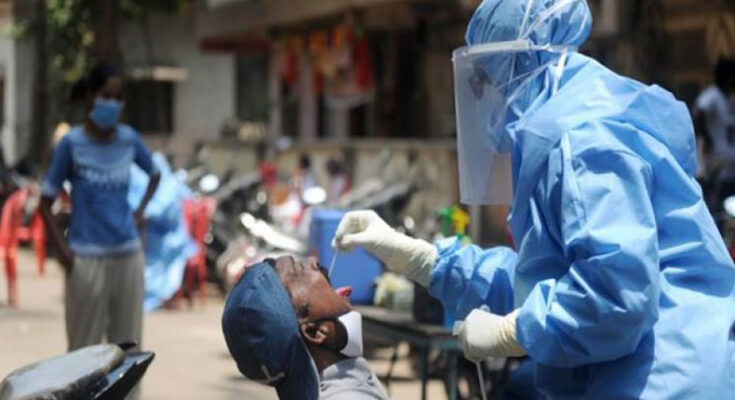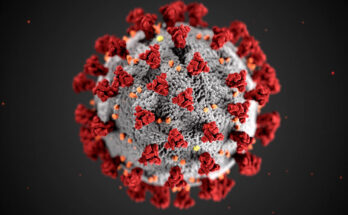The probability of reinfection is 3 times more by Omicron. Image Courtesy – India West
Scientists have alerted the world of a fast-spreading new SARS-CoV-2 variant named Omicron. It has been traced firstly in South Africa, and now it has reached to 30 countries. Its transmissibility and severity are still under observation as well as its ability to cause reinfections avoiding the immune system developed by the vaccine.
Some say that the transmission of this new species of corona will break all previous records, while others say that this excessive transmission will reduce the prevalence of previously dangerous strains. No one is yet sure what will happen in reality. But everyone is convinced that another new variant of the corona discovered in South Africa is spreading rapidly in the human body. Omicron patients have already been found in India.
After it was found first in South Africa, the new strain spread rapidly to 12 other countries. But, in the new list published later, the names of 30 countries, including India, have been included in the Omicron attack. Experts believe that soon the Delta strain will be removed and Omicron will become the dominant or main contagious strain in the world.
Another study from South Africa says that the re-infection capacity of this new Omicron strain is three times higher than that of Delta or Beta. This means that once a human being is infected by delta or beta strain chances of a second infection are much lower, and the body develops immunity. But, this phenomenon is not happening with the new Omicron variant.
Read: Rethinking needed for herd immunity against COVID-19
From the starting of November in South Africa, new symptoms start appearing in the body of different patients. Scientists in that country found the absence of S-gene of the virus. Scientist Raquel Vienna said that the new strain could be so dangerous.
In fact, more information is still unknown about the transmission and lethality of this new strain. The structure of the genes, the structure of the spike protein, has led to speculation that Omicron infection will spread around the world in the next few months.
Andrea Ammon, Director of the European Centre for Disease Prevention and Control (ECDC), told that there was still much to be done because the situation could change at any moment.
She also told that attempts were being made to reduce the speed of transmission as much as possible. Vaccination was being accentuated. Maintaining distance, wearing a mask, keeping proper air circulation in the room should be taken care of.





